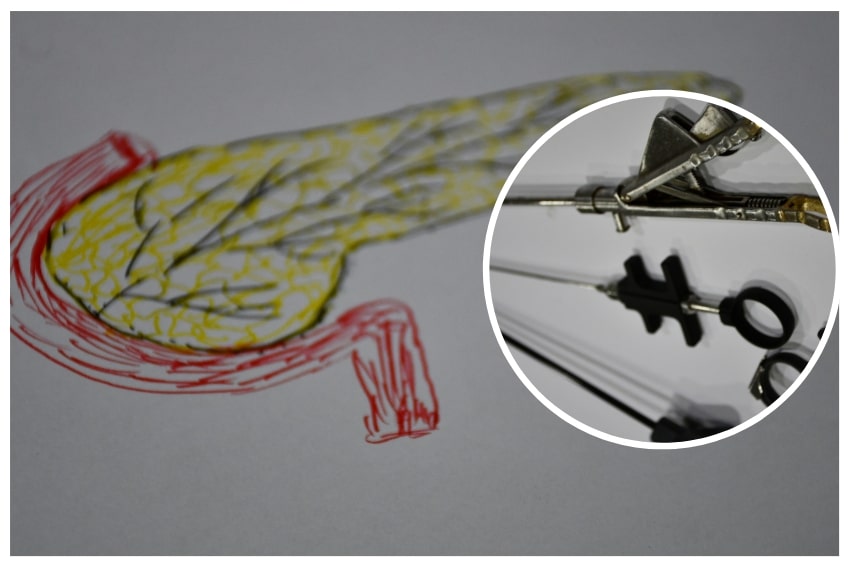What is Chronic Pancreatitis
An inflammation of the pancreas that does not resolve over time is termed Chronic Pancreatitis. The inflammation of the pancreas normally subsides on its own but when it comes back or does not resolve for months together it is then classified as a chronic type.
The persistent inflammation in chronic pancreatitis can lead to permanent scarring of the tissues in the pancreas. This can cause irreversible damage to the pancreatic tissues. The damage can pave the way for calcium stones and cysts in the pancreas. These cysts and calcium stones end up blocking the pancreatic duct. The level of pancreatic juice helping in digestion is greatly reduced as a result. This causes malabsorption and the body becomes weak as a result.
General Symptoms of Chronic Pancreatitis
Pain in the upper abdomen near the breastbone.
Diarrhea
Stools are fatty and are pale and clayey in color
Weight loss due to malnutrition
Fatigue
High blood sugar level (diabetes)
If the intensity of pancreatitis increases the following symptoms occur
Internal bleeding
Jaundice
Pancreatic fluid oozing into the abdomen because of the damage to the pancreatic duct
Intestinal blockages
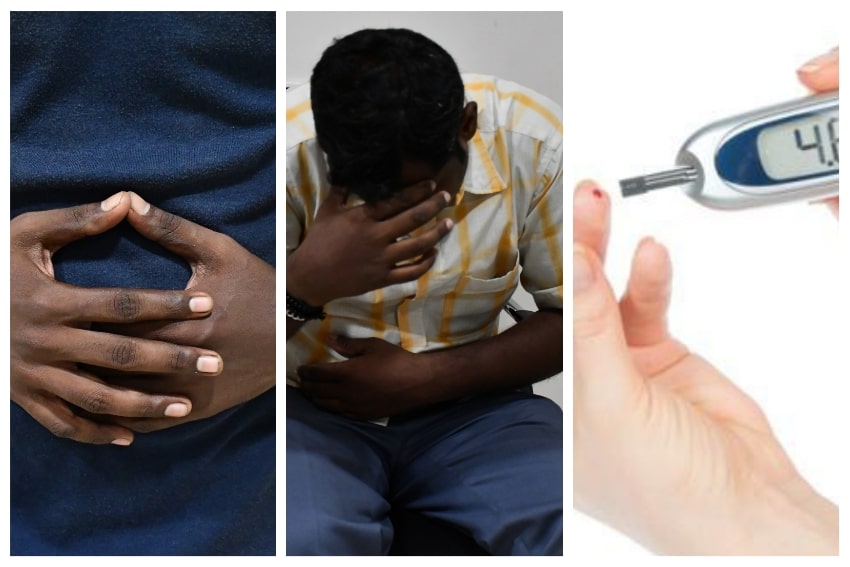
Causes of Chronic Pancreatitis
The single most cause of chronic pancreatitis is heavy alcohol consumption. Most data points to the fact that over 70% of chronic pancreatitis is due to alcohol consumption.
Other causes of chronic pancreatitis are
- High triglyceride level in the blood
- High calcium levels in the blood
- A blockage in the pancreatic duct which can be because of gallstones or calcium stones that have formed in the pancreas.
- Even a narrow pancreatic duct can sometimes cause chronic pancreatitis.
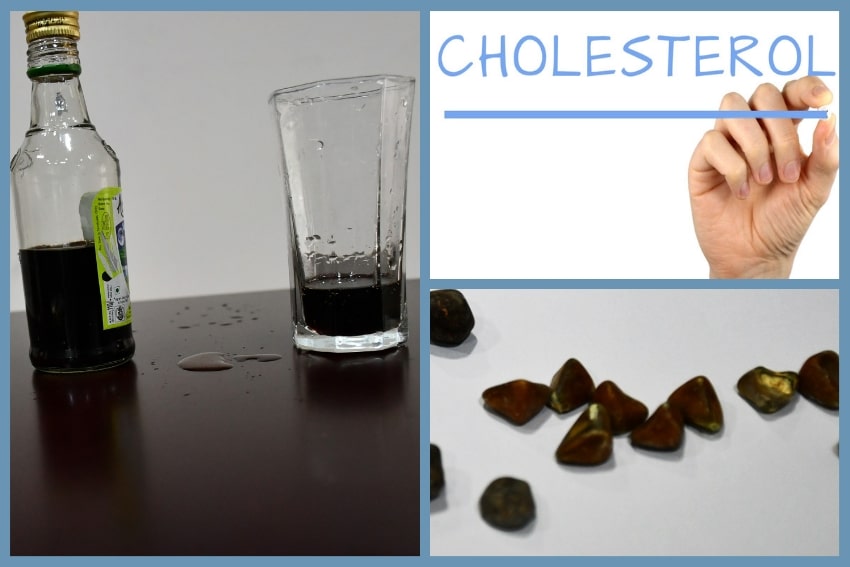
Factors that can Aggravate Chronic Pancreatitis
Drinking alcohol even after diagnosing with pancreatitis can aggravate the symptoms of chronic pancreatitis.
Risk Groups of Chronic Pancreatitis
People with a history of acute pancreatitis are at increased risk for developing the chronic condition.
People who have a history of acute pancreatitis still taking to alcohol are a potential risk group.
Tapioca as staple diet (commonly leads to pancreatitis)
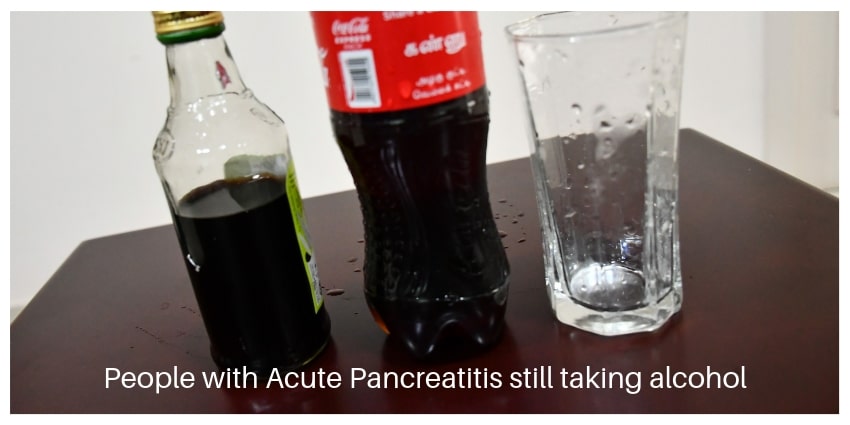
Diagnosis of Chronic Pancreatitis
A CT scan of the abdomen produces an image of the pancreas, gallbladder and the surrounding regions. The underlying cause of gallstones, inflammation of the pancreas and any impact in the surrounding area can be diagnosed.
ERCP or Endoscopic Retrograde Cholangiopancreatography is the gold standard for diagnosing any illness associated with pancreas. An ERCP helps in diagnosing if any gallstone is blocking the pancreatic duct. They can also help diagnose the presence of pancreatic stone or calcium stones that are blocking the pancreatic duct. Additionally, any damage to the pancreatic duct can also be diagnosed by this method.
Any complications that have happened to the pancreas can be reported in ERCP or Ultrasound images.
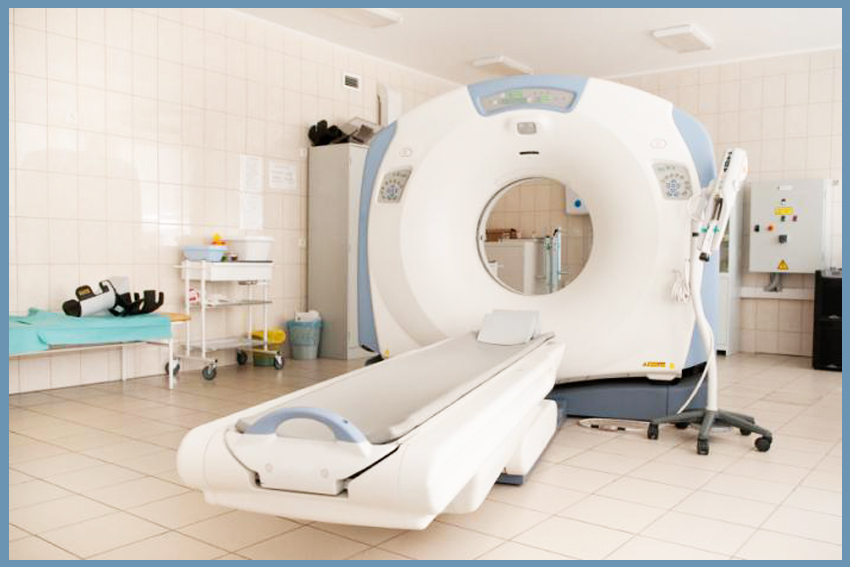
Complications of Chronic Pancreatitis
It is estimated that over 45% of people with chronic pancreatitis develop diabetes due to the damage to the islet of langerhans cells found in the tail of the pancreas.
In some people cysts are formed as a result of the inflammation.
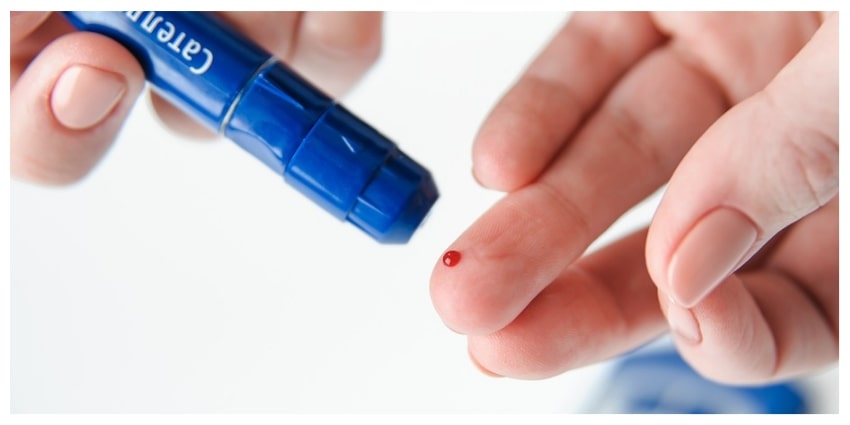
Non-Surgical Medical Treatment for Chronic Pancreatitis
If acute pancreatitis is due to severe alcohol abuse, the patient is admitted to ICU and is given intense medical treatment. The health of the pancreas is closely watched and treatment is given to bring back the normal health.
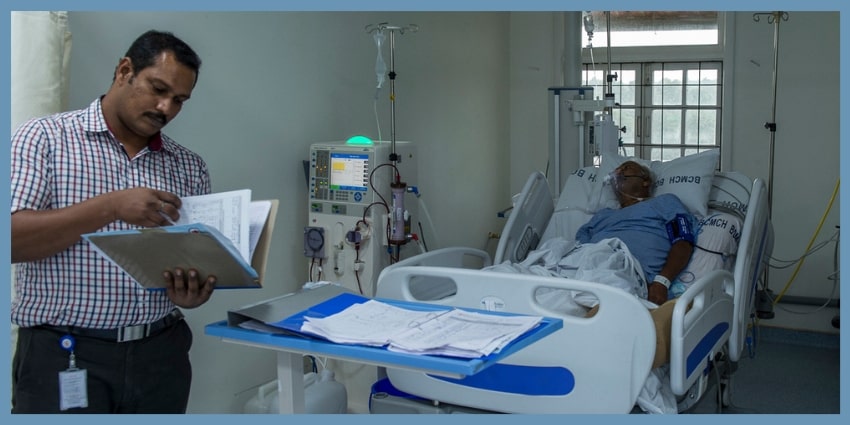
Surgical Treatment for Chronic Pancreatitis
If the gallstone is stuck in the pancreatic duct, the obstruction is removed along with the surgery to remove the gallbladder. Post the surgery, the chronic pancreatitis resolves by itself under medical attention.
If the cause is due to obstruction of pancreatic stone or calcium stones in the pancreas, the stones are removed and the health of the pancreatic duct is restored.
If the pancreatic duct has undergone any damage, the duct is repaired surgically.
If under any condition, the pancreas is noticed to be irreversibly damaged, the surgeon carefully removes the damaged part of the pancreas.
If any pancreatic cyst has formed in the pancreas, the cysts are carefully drained by the surgeon.
